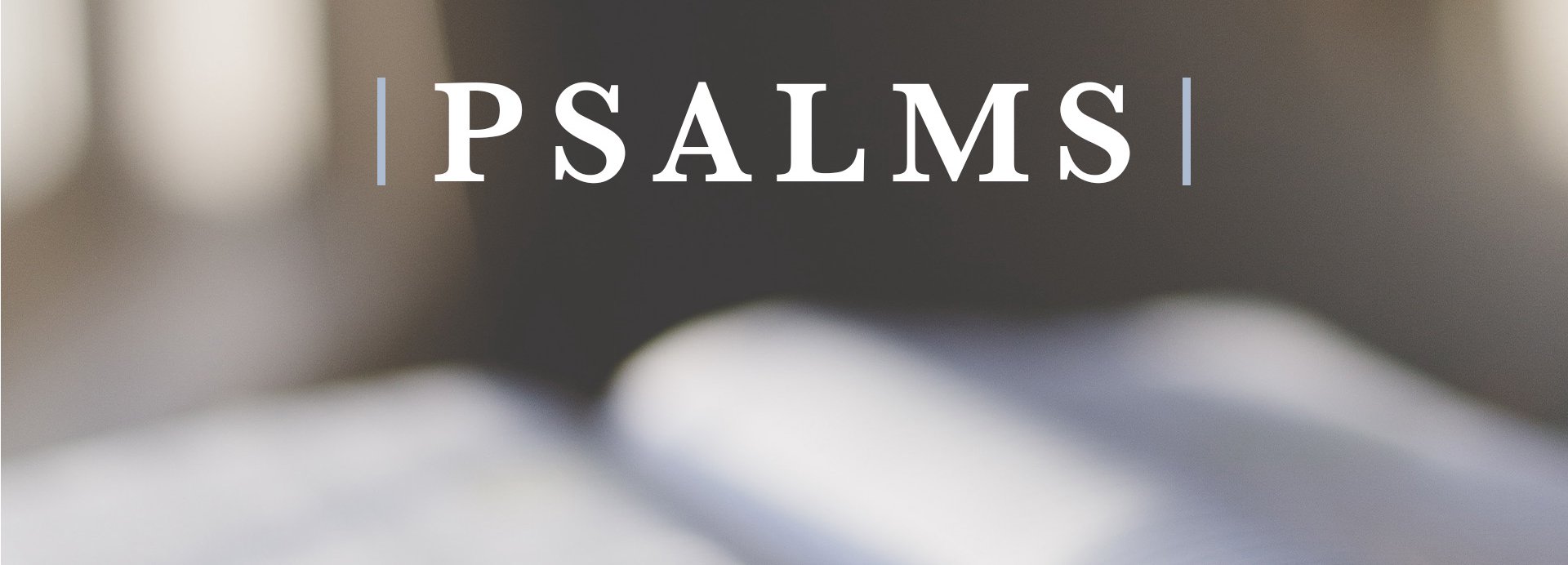Only God!
June 28, 2020 • Robb Esperat • Psalm 62
PSALM 62 - GOD ALONE
Slowly read Psalm 62 aloud, pausing when you reach each Selah. After the reading, discuss your experience of the psalm as a reader/listener. As a work of art, how does this psalm affect your focus, emotions, desires, etc?
Verse 1 begins “For God alone my soul waits in silence.” What does it mean to wait for God? What is the importance of the word ‘alone’?
What disorienting circumstances does the psalmist recognize in vv3-4, 9-10? Where/when have you encountered these phenomena in your own life? Or, what other circumstances have brought about a sense of disorientation in your life? What does it look like to hope in God during a season of spiritual disorientation?
Verses 11-12 speak of the power, love, and justice of God. How are each of these evidenced in the cross of Jesus?
Chiasmus (or chiasm) is a poetic structure defined as a "reversal of grammatical structures in successive phrases or clauses.” Some scholars recognize a chiastic structure (ABCCBA) in Psalm 62 as shown below. In this case, the central C section is the ‘punchline’ of the psalm. Why might the psalmist structure the psalm this way.
A - Testimony of Trust (vv1-2)
B - Complaint (vv3-4)
C - Testimony of Trust (vv5-6)
C - Testimony of Trust (vv7-8)
B - Complaint (vv9-10)
A - Testimony of Trust (vv11-12)
Verse 8 offers us two instructions. The first is to ‘Trust in him at all times.’ What times are you experiencing in your group right now? Discuss what it looks like to trust in him. Secondly, the verse says, “Pour out your heart before him.” Take some time as a group to pour out your hearts together in prayer before God.





